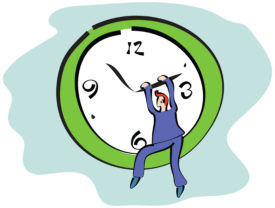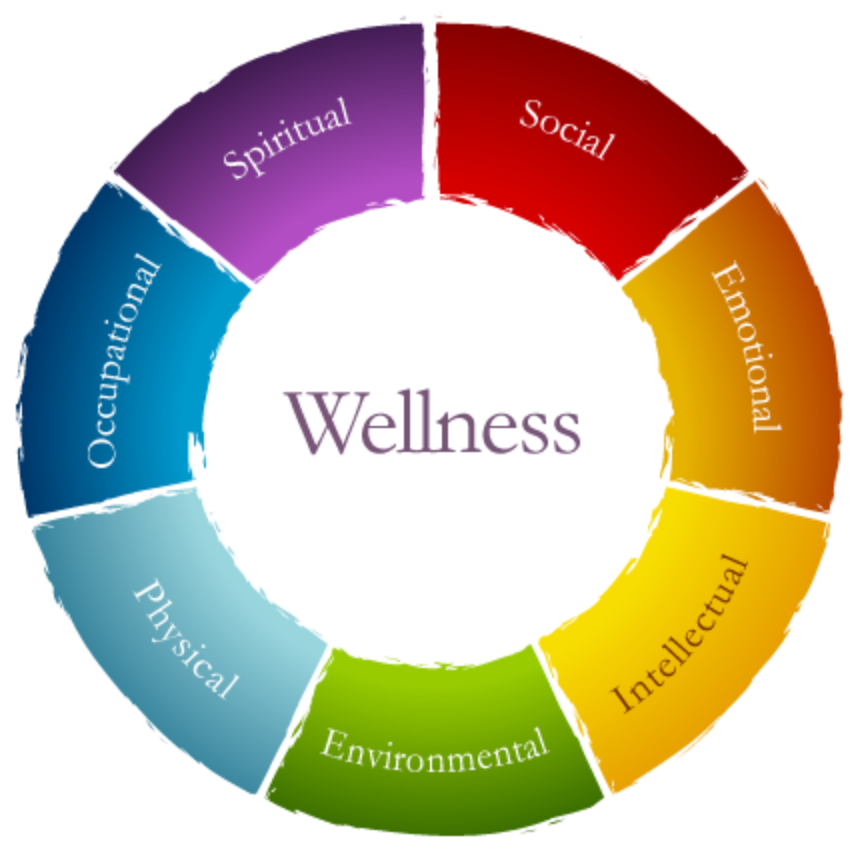Grieving Loss in a Time of Social Distancing
- Dr. Angela
- Mar 27, 2020
- 3 min read
I built my practice with a vision of undoing aloneness and increasing connection with self and others. As a society and culture over the last couple of decades we have become more and more separate from others. Research supports that more than half of Americans feel lonely and lack authentic connection that make them feel loved, valued, and seen. Such loneliness can have detrimental effects on both emotional and physical health with youth and young adults being most at risk. Social distancing is putting a wrench in the challenges we are already experiencing to feel connected to others in addition to fear of what lies ahead. Jobs are being lost by the thousands. Graduations cancelled. Trips postponed indefinitely. And worse, family connections being ruptured out of desire and need to protect ourselves and those we love. As a society of people we are ALL grieving in the wake of social distancing.
Elisabeth Kübler-Ross discusses 5 stages of grief that we all go through in times of loss such as what we are presently being faced with. Newer models of grief have added on an initial stage of shock as well as a hopeful end involving finding purpose and meaning. No matter the stage of grief you are in please know that grieving is a highly individual experience and there is no one way how a person grieves or is supposed to grieve.

Stage 0: Shock - One's initial response to sudden loss. Symptoms can include inability to talk, move, eat or sleep. Physical pains such as stomach ache, headache, heart palpitations, jumpiness, and exhaustion.
Stage 1: Denial - Denial helps us to survive the loss. In this stage, the world becomes meaningless and overwhelming. Life makes no sense. We go numb. We wonder how we can go on, if we can go on, why we should go on. We try to find a way to simply get through each day. Denial and shock help us to cope and make survival possible.
Stage 2: Anger - Anger is a necessary stage of the healing process. Be willing to feel your anger, even though it may seem endless. The more you truly feel it, the more it will begin to dissipate and the more you will heal. There are many other emotions under the anger and you will get to them in time.
Stage 3: Bargaining - After a loss, bargaining may take the form of a temporary truce. “What if I devote the rest of my life to helping others. Then can I wake up and realize this has all been a bad dream?” We become lost in a maze of “If only…” or “What if…” statements.
Stage 4: Depression - After bargaining, our attention moves squarely into the present. Empty feelings present themselves, and grief enters our lives on a deeper level, deeper than we ever imagined. This depressive stage feels as though it will last forever. It’s important to understand that this depression is not a sign of mental illness. It is the appropriate response to a great loss.
Stage 5: Acceptance - Acceptance is often confused with the notion of being “all right” or “OK” with what has happened. This is not the case. Most people don’t ever feel OK or all right about the loss of a loved one. This stage is about accepting the reality that our loved one is physically gone and recognizing that this new reality is the permanent reality.
Stage 6: Meaning Making - Stage 6 is not one of the original stages of grief but rather a new addition to help individuals move forward and heal after a significant loss. Meaning making is about holding onto the love of the significant loss and finding a sense of peace and greater purpose.
Coping in the Beginning Stages of Grief
Grief commonly results in disrupted sleep, a loss of appetite and a lack of interest in everyday tasks — all factors that can affect your health and well-being. Be mindful of your health and daily habits. Try to get adequate sleep, eat a healthy diet and exercise regularly. You might find that including a friend in meal (possibly through Facetime) or exercise routines can keep you motivated.





I was an teen back then, and I was excited to OSRS gold play runescape. I did the island tutorial beginning with 12 Gp. ).
I took my role as an adventurer "seriously" and was ready to take on anyone and everything using my wooden shield and bronze sword. Back then, my most favorite talents were mining and smithing because I wanted to make full iron armor, and I was eager to make more due to the colorful armors out there (mithril lol). What did I do to find out more about runescape! Sal's Realm of Runescape is the most excellent! There has been a lot of change in the world of runescape over the past few times... and sadly…